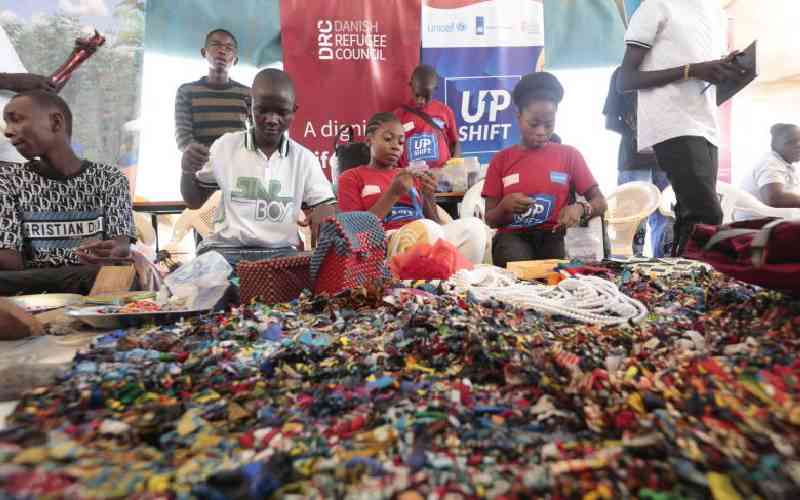×
The Standard e-Paper
Join Thousands Daily

Across East and Central Africa, nearly 44 million people are forcibly displaced - not just as a tragic headline, but as an overlooked economic force reshaping labour markets, local economies, and cross-border trade.
This figure, driven by conflict, climate shocks, and political instability, places Uganda (with over 1.6 million refugees) and Kenya, Ethiopia, and the DRC among the continent's top host nations.